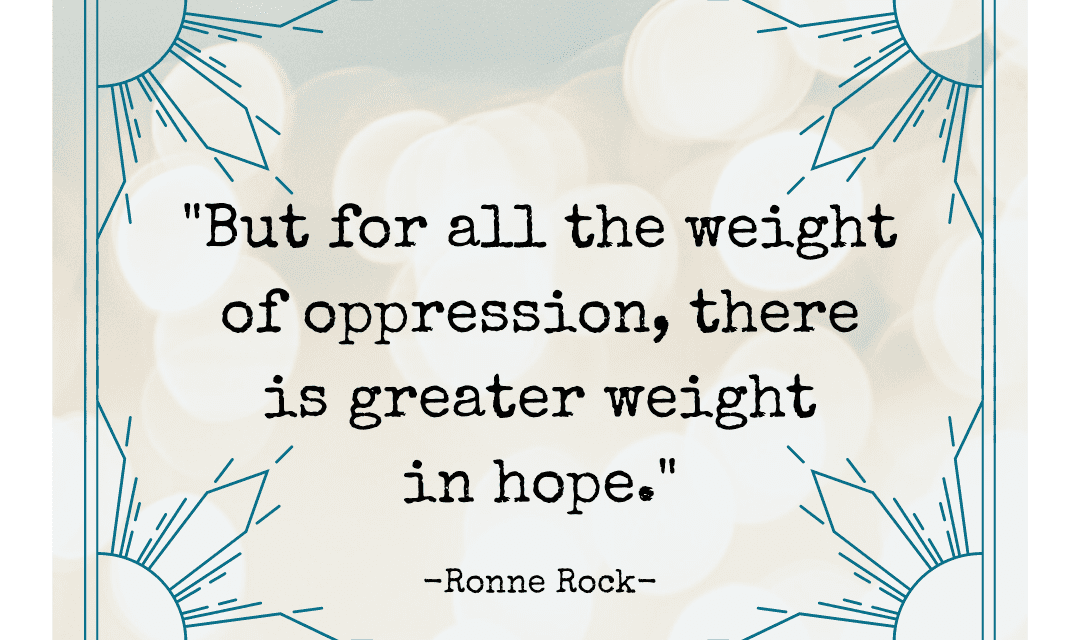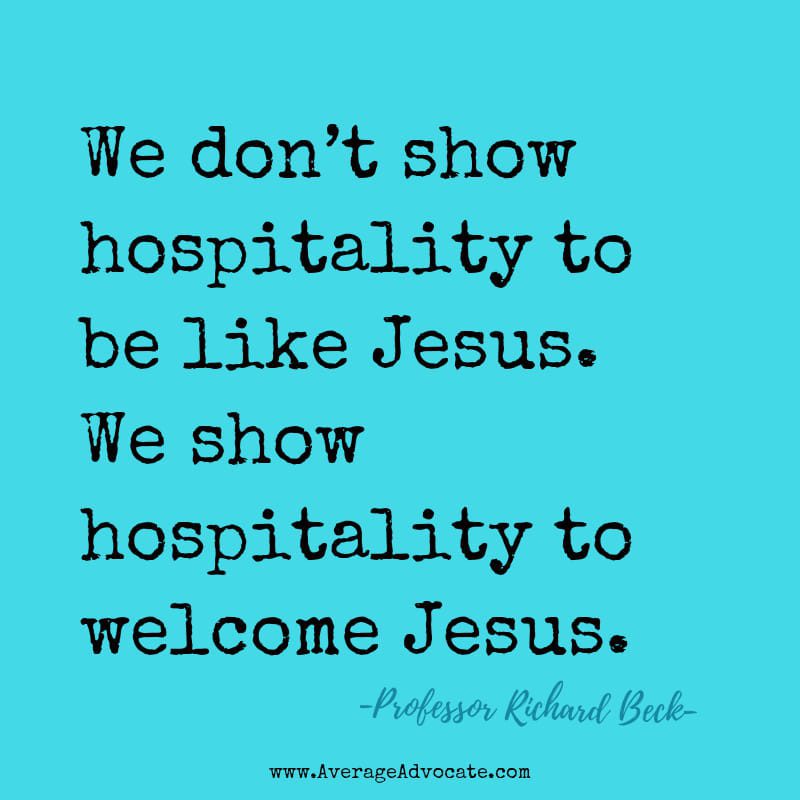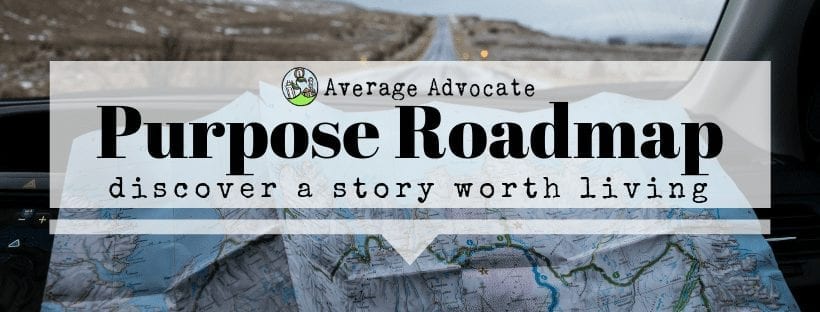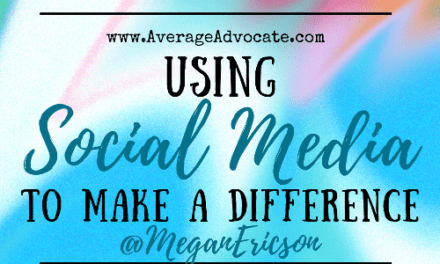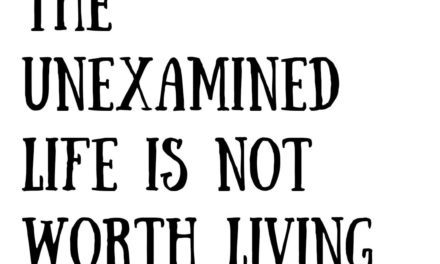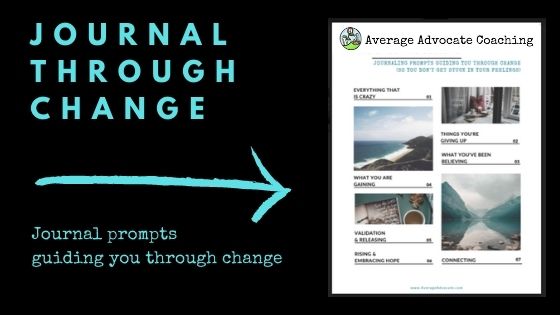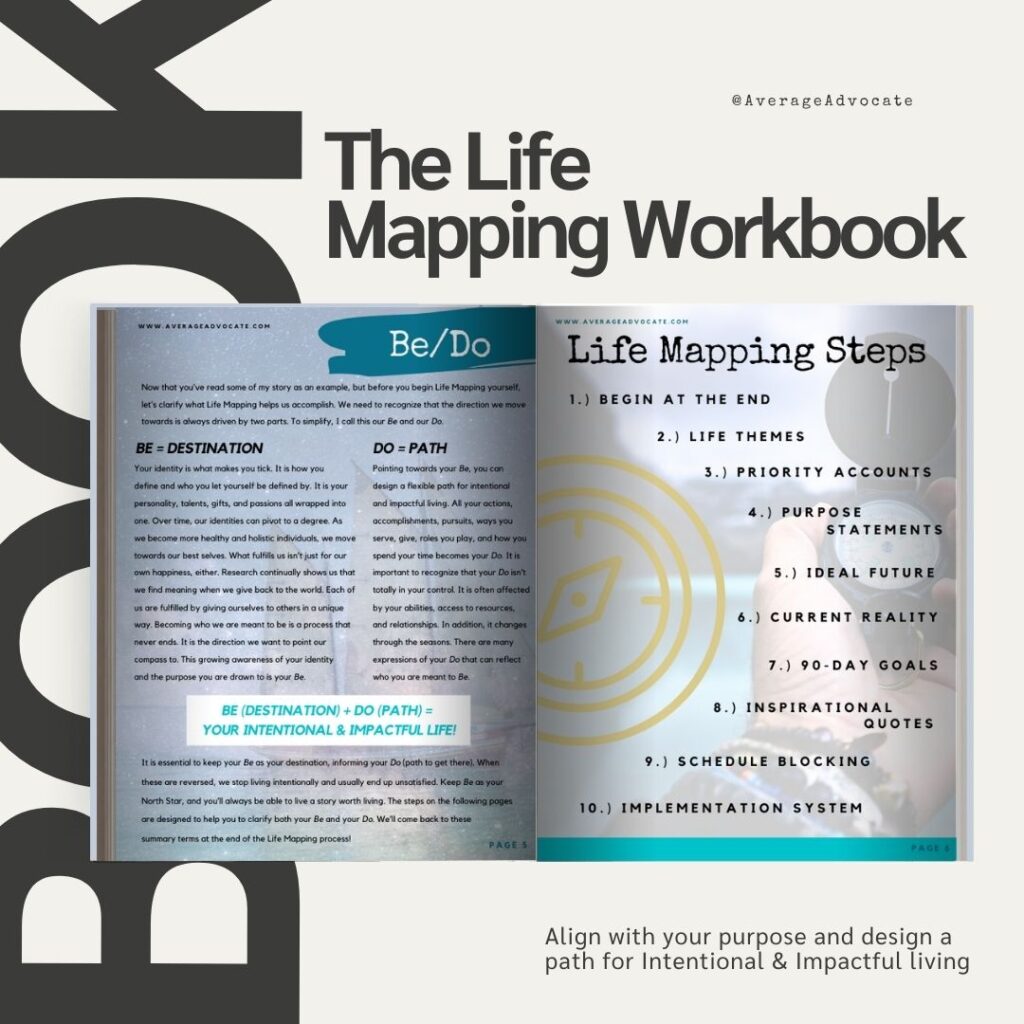Loving others and doing good can be all-consuming. How can we know when its a good idea to jump in and lend a hand? Here are some questions can we ask before helping.
Case Example: Afghan Refugees
Before I give those to you, let’s look at a recent situation where I wanted to jump and help with Afghan refugees.
Hospitality, even if you aren’t a follower of Jesus, is at the intersection between our everyday lifestyle and the work of justice. By hospitality, I don’t just mean inviting people to dinner. I mean the art of welcoming. The ability to see people not as a means to an end, but as valuable and full of dignity and worth.
First thing to note is that these are driving values for me: hospitality and welcoming. Before making a difference, take the time to know what drives you!
About a mile from my house, less than a mile from my community’s church building Family Life Church SD, about 25 Afghan families were placed in hotel suites because there were no homes for them. Before that, they lived for three months at military bases, after a traumatic evacuation from a country starving and at war.
I was concerned! I wondered:
Would anyone offer them jobs?
Would they be able to navigate the cultural challenges?
Who could drive them to their English classes?
Would the kids get to go to school as they wait more permanent housing?
How could they get groceries?
What about the trauma, under the surface?
Who would help them find services?
How would the mamas entertain their kids–would they be able to find the playground off those busy streets?
What about the duck pond or library?
And ultimately I wanted to know, who would be their friend?
I had been thinking about them since I found out they were there. But in this season where I am having health issues in pregnancy, I am bedridden. I knew as much as I wanted to, these were things I couldn’t take on myself. I only could hope and pray others in my community would rise to the challenge.
Knowing Our Limits
When we hear of opportunities to love others, we can’t always jump on board. It isn’t our responsibility or job to help all people. We might know this is true, but it doesn’t absolve the frustration. Usually what happens is we give too much. Eventually, this runs us dry and we can’t help anyone for a long time. Or we might try to ignore the need and feel gross about it.
Knowing that we need limits doesn’t always equate to knowing our limits. This is where people who want to make a difference often get stuck.
Three Questions To Know What To Do With Needs
I’ve found asking three simple questions to be incredibly useful to help me move from knowing I need a boundary to making one. Here they are:
1.) Is there something I can actually do to come alongside those facing these needs and/or injustices?
Sometimes I will discover there isn’t actually a tangible action step. Instead, I have emotions that need to be processed. This can be done through learning more or lament, the action steps for first two Phases of Rising Up.
In the case of the Afghan refugees nearby, I didn’t actually have an actionable way to help short of driving to the hotel, asking around, and trying to find refugees to talk to. All of which were impossible in my physical state. I knew of others refugees in our area that were connected to nonprofits that I could donate to. But I realized my desire to help these refugees specifically was very tied to my frustration that I was bedridden and that my community wasn’t doing what I couldn’t.
2.) What can I do, if anything, to live out my values?
Coming back around to values, if you do know of ways to help, the question then switches to helping in a way that aligns with your purpose and best yes. If you don’t value hospitality and welcoming, you probably won’t care too much about helping refugees. Or at least you might not effectively help come alongside them by wandering around at a hotel attempting to befriend people you’ve never met. Of course, as our beliefs change, our values do too — so even if something wasn’t a way you’d be willing to help in the past doesn’t mean you should keep it off the table forever. A good challenge can sometimes empower us to embrace new beliefs and values! However, usually of the ways to help available to you, knowing which opportunity best aligns with your current values is an important part determining your action step.
3.) What margin to I have to offer?
By “margin” I mean resources such as time, money, skills, or friendship. Outside of your commitments, have you set some of these aside to help others? If not, you probably can’t help at all! But ideally, there is wiggle room to be generous. We need to find the in-between where we are challenged to expand our giving and helping, but still being aware of our “fishes and loaves” — what we actually are responsible for and can commit to.
For me, when I considered what I had to give to the Afghan refugees in my neighborhood, I realized I didn’t have very much besides prayers and connections. I told my local community about the situation, hoping maybe someone else who valued hospitality would show up. And I prayed.
But I could also let it go, rather than feel guilty. I assessed the tangible ways I could help, my values, and my margin. True, I was disappointed that no one I told about these refugees connected with them. But that is out of my control. Since then, I’ve found a tangible way to donate to other San Diego refugees and for now, that is the best way for me to live out my values of hospitality and welcoming.
“Then these righteous ones will reply, ‘Lord, when did we ever see you hungry and feed you? Or thirsty and give you something to drink? Or a stranger and show you hospitality? Or naked and give you clothing? “And the King will say, ‘I tell you the truth, when you did it to one of the least of these my brothers and sisters, you were doing it to me!’
Matthew 25:37-38,40 NLT

